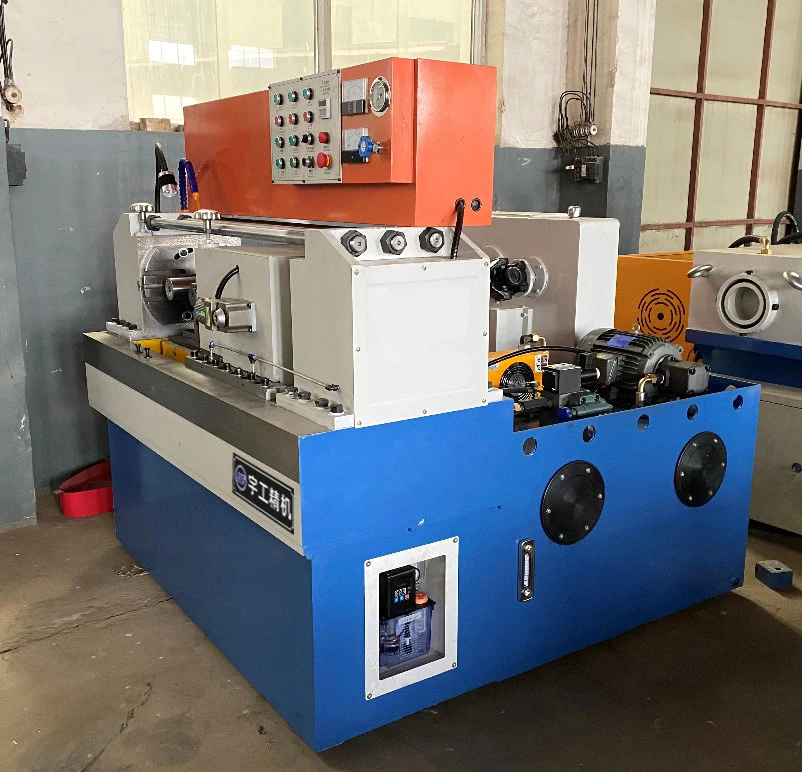
-
 Afrikaans
Afrikaans -
 Albanian
Albanian -
 Amharic
Amharic -
 Arabic
Arabic -
 Armenian
Armenian -
 Azerbaijani
Azerbaijani -
 Basque
Basque -
 Belarusian
Belarusian -
 Bengali
Bengali -
 Bosnian
Bosnian -
 Bulgarian
Bulgarian -
 Catalan
Catalan -
 Cebuano
Cebuano -
 Corsican
Corsican -
 Croatian
Croatian -
 Czech
Czech -
 Danish
Danish -
 Dutch
Dutch -
 English
English -
 Esperanto
Esperanto -
 Estonian
Estonian -
 Finnish
Finnish -
 French
French -
 Frisian
Frisian -
 Galician
Galician -
 Georgian
Georgian -
 German
German -
 Greek
Greek -
 Gujarati
Gujarati -
 Haitian Creole
Haitian Creole -
 hausa
hausa -
 hawaiian
hawaiian -
 Hebrew
Hebrew -
 Hindi
Hindi -
 Miao
Miao -
 Hungarian
Hungarian -
 Icelandic
Icelandic -
 igbo
igbo -
 Indonesian
Indonesian -
 irish
irish -
 Italian
Italian -
 Japanese
Japanese -
 Javanese
Javanese -
 Kannada
Kannada -
 kazakh
kazakh -
 Khmer
Khmer -
 Rwandese
Rwandese -
 Korean
Korean -
 Kurdish
Kurdish -
 Kyrgyz
Kyrgyz -
 Lao
Lao -
 Latin
Latin -
 Latvian
Latvian -
 Lithuanian
Lithuanian -
 Luxembourgish
Luxembourgish -
 Macedonian
Macedonian -
 Malgashi
Malgashi -
 Malay
Malay -
 Malayalam
Malayalam -
 Maltese
Maltese -
 Maori
Maori -
 Marathi
Marathi -
 Mongolian
Mongolian -
 Myanmar
Myanmar -
 Nepali
Nepali -
 Norwegian
Norwegian -
 Norwegian
Norwegian -
 Occitan
Occitan -
 Pashto
Pashto -
 Persian
Persian -
 Polish
Polish -
 Portuguese
Portuguese -
 Punjabi
Punjabi -
 Romanian
Romanian -
 Russian
Russian -
 Samoan
Samoan -
 Scottish Gaelic
Scottish Gaelic -
 Serbian
Serbian -
 Sesotho
Sesotho -
 Shona
Shona -
 Sindhi
Sindhi -
 Sinhala
Sinhala -
 Slovak
Slovak -
 Slovenian
Slovenian -
 Somali
Somali -
 Spanish
Spanish -
 Sundanese
Sundanese -
 Swahili
Swahili -
 Swedish
Swedish -
 Tagalog
Tagalog -
 Tajik
Tajik -
 Tamil
Tamil -
 Tatar
Tatar -
 Telugu
Telugu -
 Thai
Thai -
 Turkish
Turkish -
 Turkmen
Turkmen -
 Ukrainian
Ukrainian -
 Urdu
Urdu -
 Uighur
Uighur -
 Uzbek
Uzbek -
 Vietnamese
Vietnamese -
 Welsh
Welsh -
 Bantu
Bantu -
 Yiddish
Yiddish -
 Yoruba
Yoruba -
 Zulu
Zulu
Exploring Unique Variations in Thread Rolling Techniques and Applications
Custom Types of Thread Rolling An Essential Overview
Thread rolling is a cold-forming process that reshapes material into threads, which are essential for various fastening applications. This technique optimizes the material's strength and provides superior surface finish compared to traditional cutting methods. As industries evolve, the demand for specific thread types has increased, leading to the development of custom thread rolling processes to meet diverse applications.
Understanding Thread Rolling
Before diving into custom types, it is crucial to understand the basics of thread rolling. In this process, the raw material, typically a metal wire or rod, is passed between two cylindrical dies that have the inverse profile of the desired thread. As the material is rolled, it undergoes plastic deformation, resulting in the formation of threads without removing any material. This method not only enhances mechanical properties but also reduces material wastage and production costs.
Custom Thread Types
1. Unified National Threads (UNC and UNF) Unified threads are one of the most common types of thread forms in use today. They are standardized in dimensions and are used in various applications. Customizing these threads may involve alterations in the pitch or the diameter, allowing companies to obtain the optimal fit for their specific requirements.
2. Metric Threads The metric thread system is globally recognized and used in a multitude of applications. Custom metric threads can be designed to specific pitches and diameters, accommodating particular engineering requirements. This customization ensures that products meet international standards while fitting unique applications in different industries.
3. Acme Threads Acme threads are a popular choice in applications requiring linear motion, such as lead screws in machinery. Custom Acme threads can be produced with different profiles, including trapezoidal shapes, to optimize the transfer of force and enhance load-bearing capabilities.
4. Square Threads Square threads are highly effective for power transmission, thanks to their efficient load-carrying properties. Custom square threads can be engineered to provide specific dimension and pitch adjustments, ensuring compatibility with existing systems or specialized machinery.
custom types of thread rolling

5. Specialty Threads Custom thread rolling also allows for the creation of specialty threads tailored for specific applications. These may include left-hand threads, multi-start threads, and fine pitch threads used in specific industries such as aerospace, automotive, and electronics. The ability to customize these thread types enhances product functionality, ensuring performance and reliability.
Advantages of Custom Thread Rolling
The benefits of custom thread rolling extend beyond the mere formation of specific thread types. Some advantages include
- Reduced Manufacturing Time Custom thread rolling provides rapid production times as fewer processes are required to produce a finished product. - Enhanced Material Properties Rolling threads enhances fatigue resistance and tensile strength due to the work-hardening effect that occurs during the process. - Design Flexibility Engineers can design screws and fasteners with tailored threads to meet the specific demands of their applications, providing both functionality and aesthetic appeal.
Applications Across Industries
Custom thread rolling serves various industries, including automotive, aerospace, construction, and electronics. In automotive, for instance, durable and precise threads in bolts and screws are critical for safety and performance. Aerospace applications demand high-quality threads that can withstand extreme conditions, while electronic components often require fine pitch threads for secure connections.
Conclusion
The rise of custom types of thread rolling has revolutionized the manufacturing industry. As businesses seek efficiency, performance, and adaptability in their production processes, custom thread rolling emerges as a viable solution. By leveraging the advantages of custom thread types, manufacturers can ensure their products meet exact specifications and maintain the highest quality standards. As technology continues to evolve, it is likely that the demand for custom thread rolling will only increase, leading to further innovations in this essential manufacturing process.
